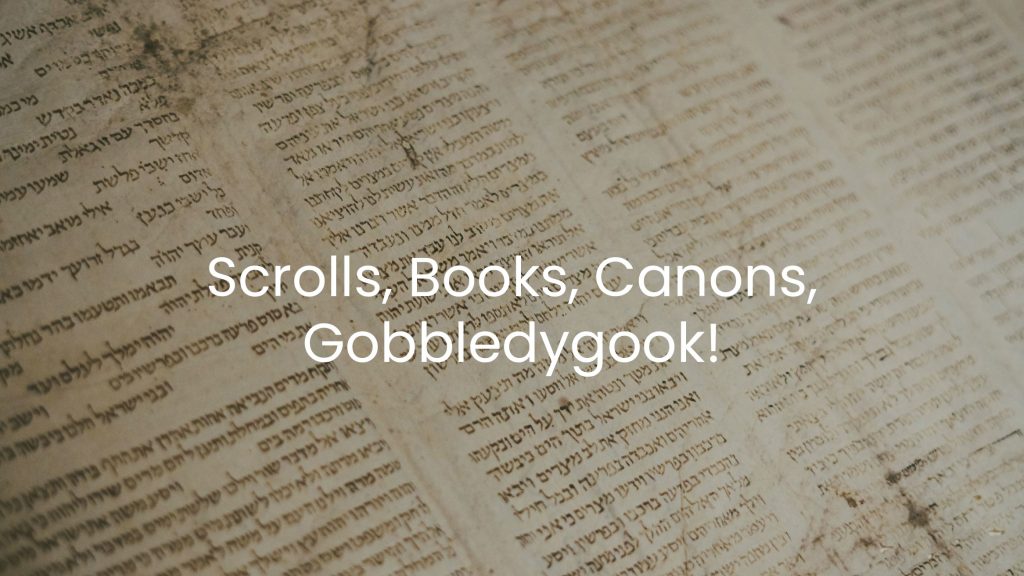|
Getting your Trinity Audio player ready...
|
The grass withers, the flower fades, but the word of our God will stand forever (Isaiah 40:8, ESV).
Before Christ, the Jews didn’t call the Old Testament the Old Testament. They used the phrase “Mikra,” meaning “that which is read.” Before the Christian church, scrolls were the format of the Old Testament (oops, Mikra).
Books — turning pages — weren’t popular until Christianity found them easier to use in the early days of the church. The earliest copies of the New Testament are in Codex or turn-the-page format. If scrolls still existed today, can you imagine your favorite pastor standing at the pulpit on Sunday morning saying, “Let’s get out our scrolls and roll them to Ephesians 6:1?”
I’m thankful for our Codex book format and confess to using a Bible app when asked on Sunday morning to turn to a specific passage.
While the Jews don’t have an Old Testament (just one book), Christians have the Old and New Testaments, believing that both are inspired by God. The Greek word “canon,” meaning “rule” or “measuring stick,” has been used for centuries by Christians to describe the official, inspired, complete, and don’t-add-any-other-book to the Old and New Testaments.
We have 66 books; don’t try to add another, or face this denouement described by the Apostle John …
I warn everyone who hears the words of the prophecy of this book: if anyone adds to them, God will add to him the plagues described in this book, and if anyone takes away from the words of the book of this prophecy, God will take away his share in the tree of life and in the holy city, which are described in this book (Revelation 22:18-19).
Plagues and ousted from heaven, remember this the next time someone knocks on your door claiming there’s an additional book that must be added to our Bible!!!!
But how did we get the Old and New Testaments?
Just as the Spirit of God inspired men to write these books, the Spirit miraculously works through men in the collection, preservation, and protection of Holy Scripture. (I will discuss this process more in-depth on Monday, October 20, 2025. Difficult to wait, but please be patient, I can only accomplish so much in 500 words.)
A note about the Apocrypha:
The Old Testament (Mikra) was established with the Jews about 200 B.C. The ancient Jews knew the prophets (and all inspired writings) ended with Malachi (400 years before Christ), and the books of the Apocrypha were written after 400 A.D. They were added to the Catholic Bible in 1546, and some scholars suggest that this was a reaction to the Reformation.
Books not included in the New Testament … Many ancient books were excluded from the New Testament, including such books as the Gospel of Thomas, the Shepherd of Hermas, and the Epistle of Barnabas, because they did not meet the standards of acceptance used for the 27 books of the New Testament. (Again, more information next Monday, October 20, 2025. Please be calm and collected until then.)
Okay, let’s take a break. We’ve talked about scrolls, books, and canon. Let’s wait with anticipation for more scholastic gobbledygook next Monday, October 20, 2025!

